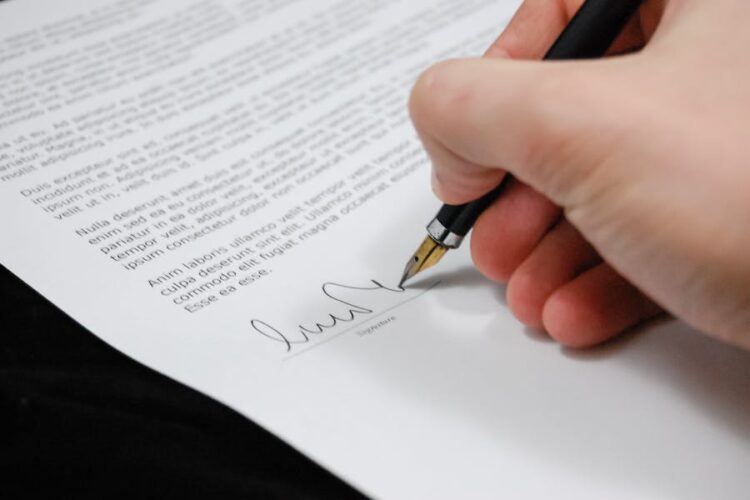When someone is injured due to the negligence of another person or entity, may be entitled to receive compensation through a personal injury settlement. However, the value of a personal injury settlement can vary greatly depending on the details of the case. Here are some of the key factors that impact how much a personal injury settlement may be worth.
Type and Severity of Injuries
The type and severity of the injuries sustained in an accident are major determining factors in the value of a settlement. More severe injuries that result in diminished quality of life, lost wages, ongoing medical treatment, and long-term disability warrant higher financial compensation. For example, a traumatic brain injury (TBI) requiring extensive rehabilitation and resulting in permanent impairment will lead to a much higher settlement than a minor soft tissue injury. Every year in the US, 2.8 million people sustain a TBI.
Cost of Medical Treatment
The cost of medical treatment required now and into the future is directly calculated into a personal injury settlement amount; As stated by attorney Jill Kolodner from WGK Personal Injury Lawyers: “things like emergency transport, hospitalization, surgeries, medications, physical therapy, assistive devices, and in-home care add up quickly. Ongoing treatment for serious injuries can result in sky-high medical bills that warrant larger settlement payouts”.
Lost Income and Future Earning Capacity
If an injury prevents someone from working for a period or permanently, the lost wages, benefits, and impact on future earning potential are included in a settlement. Specific documentation is used to calculate and justify compensation for income that is lost due to inability to work. The higher the person’s income at the time of the injury, the greater this component of economic damages tends to be.
Duration and Impact of Recovery
The length of recovery time and the extent to which daily activities are restricted affect settlement negotiations. An injury that heals relatively quickly and does not impair normal activities warrants less compensation than one that results in an extended recovery period and limitations. Settlement offers take into account the duration of pain, suffering, lifestyle disruptions, and loss of enjoyment of life attributed to an injury.
Liability and Responsibility
The extent to which the other party is liable and responsible for the accident and injuries affects settlement terms. Clear-cut negligence results in higher settlement offers. But disputed liability or partial responsibility attributed to the injured party will decrease settlement amounts. Strong evidence helps justify higher compensation when negotiating a settlement, while equivocal liability may necessitate a compromise on payment.
Skill of the Personal Injury Attorneys
The experience and negotiation skills of the attorneys involved impact the outcome of settlement talks. Top legal talent is better positioned to successfully demonstrate liability, validate claims, maximize damages, and negotiate effectively with insurance companies. Less experienced counsel may achieve lower value settlements. Retaining seasoned personal injury lawyers improves the prospects of getting full, fair compensation.
These are among the most significant factors that can increase or reduce the value of a personal injury settlement. Understanding these key considerations allows both plaintiffs and defendants to better evaluate settlement positions and negotiate fair agreements. With knowledge of these settlement value drivers, injured parties can seek damages aligned with the unique circumstances of their case.










